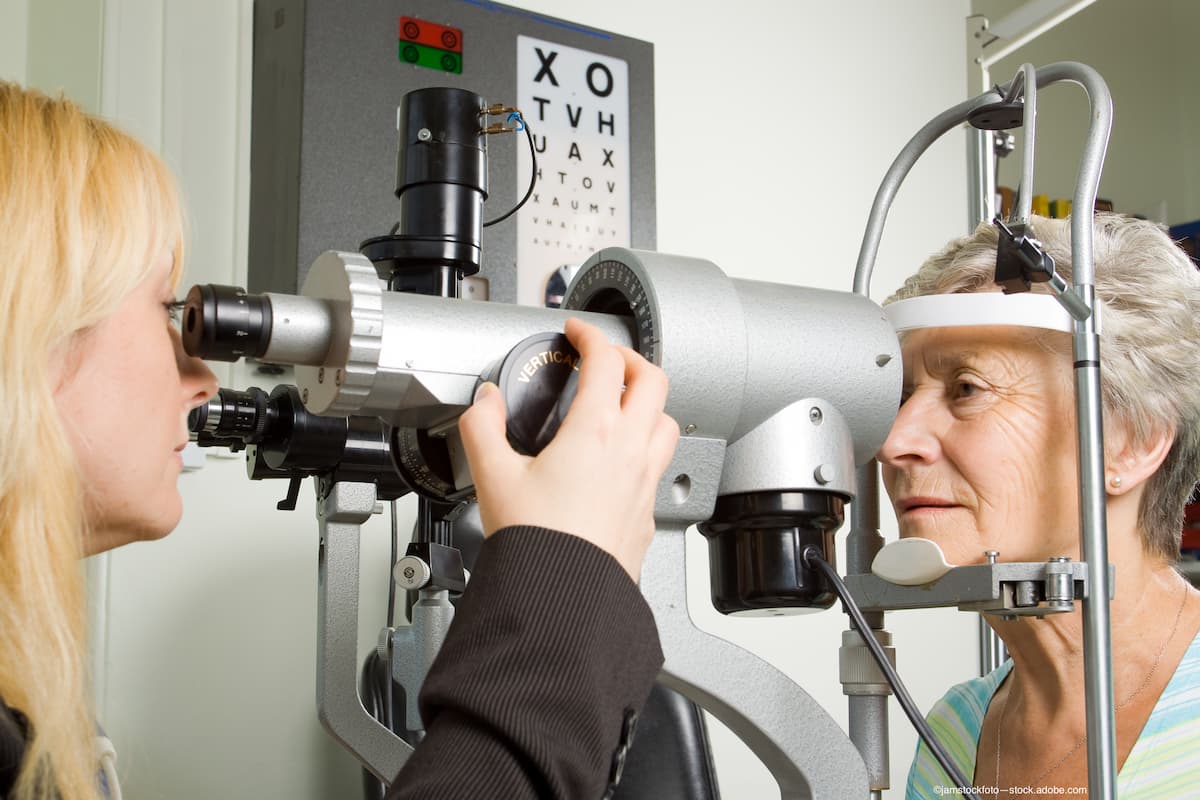LUNA: First patient dosed with Ixo-vec in Phase 2 trial for treatment of wet AMD
LUNA trial will evaluate the 2x10^11 vg/eye (2E11) and a new lower 6x10^10 vg/eye (6E10) dose of Ixo-vec, with enhanced prophylactic steroid regimens in patients requiring frequent anti-VEGF injections. Interim data anticipated throughout 2023.

Adverum Biotechnologies (Nasdaq: ADVM), a clinical-stage company that aims to establish gene therapy as a new standard of care for highly prevalent ocular diseases, announced that the first subject was dosed in the LUNA Phase 2 trial evaluating ixoberogene soroparvovec (Ixo-vec, formerly referred to as ADVM-022) for the treatment of wet age-related macular degeneration (wet AMD).
“Dosing the first subject in the Phase 2 LUNA study brings us a step closer to our mission of establishing gene therapy as a new standard of care for some of the leading causes of vision loss,” stated Richard Beckman, MD, chief medical officer of Adverum Biotechnologies.
“The trial is designed to assess the safety and efficacy of two dose levels of a single, in-office intravitreal injection of Ixo-vec for the treatment of wet AMD. We are excited that LUNA will allow us to explore a new, lower 6E10 dose that we hope will build on the robust, durable efficacy and safety profile already demonstrated with the 2E11 dose in the OPTIC trial," explained Beckman.
"We will also be evaluating two enhanced local prophylactic steroid regimens with and without the use of systemic steroids to determine the most effective prophylactic regimen and dose pairing to optimize risk benefit. During 2023, we anticipate reporting initial data from the study, including aflibercept protein expression at Week 10, which we have found in the OPTIC trial to be predictive of long-term expression out to at least three years, and an interim analysis at Week 26,” said Beckman.
The LUNA trial is a double-masked, randomized, Phase 2 trial being conducted at approximately 40 sites in the U.S. and Europe. LUNA will evaluate Ixo-vec in subjects with wet AMD who are 50 years or older and have demonstrated a response to anti-VEGF treatment. Up to 72 subjects will be randomized equally between the 2E11 Ixo-vec dose and new lower 6E10 dose and across four prophylactic steroid regimens. Specific regimens being evaluated include topical difluprednate (Durezol®), IVT dexamethasone (Ozurdex®), or a combination of either topical Durezol® or IVT Ozurdex® with oral prednisone, with the aim of establishing a prophylactic regimen with minimal need for inflammation management post prophylaxis.
The LUNA trial primary endpoints are mean change in BCVA from baseline to one year and the incidence and severity of adverse events. Key secondary objectives include the mean change in central subfield thickness (CST) from baseline to one year and assessing the effectiveness of prophylactic steroid regimens on minimizing inflammation. Additionally, LUNA will assess aflibercept protein expression starting at Week 10 and include an interim analysis at Week 26. Study participants will also have the option to enroll in a long-term extension study.
“As a principal investigator in LUNA, I am excited at the potential of Ixo-vec to meaningfully reduce the treatment burden of frequent anti-VEGF injections for wet AMD patients,” commented Sean Adrean MD, partner, Retina Consultants of Orange County.
“I’m intrigued by the efficacy profile seen in the OPTIC trial, where a single intravitreal injection of Ixo-vec demonstrated three years of stable aflibercept expression to date, as well as maintenance of vision and improved anatomical outcomes," Adrean continues. "I look forward to studying the potential of Ixo-vec to offer a safe and efficacious, and potentially transformational, intravitreal treatment option for my patients with wet AMD.”